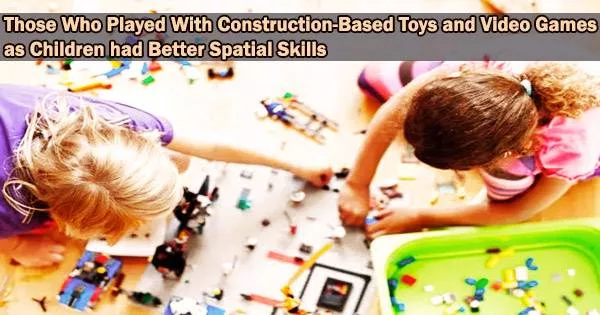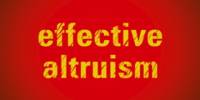Spatial skills are abilities that allow individuals to understand and navigate their environment, such as the ability to understand and manipulate objects in three-dimensional space. Children who play with construction-based toys, such as blocks or Legos, may be more likely to develop strong spatial skills because they involve creating and manipulating structures in three dimensions.
A new study led by CIRES finds that childhood play experiences have a significant impact on a person’s spatial skills, which are important for success in disciplines like science and engineering. When tested on spatial reasoning abilities, such as the capacity to mentally rotate things, young adults who played with construction-based toys like Legos or with specific genres of video games did better than their classmates.
Most importantly, the current study discovered that gender differences in spatial abilities vanish when the researchers took into account the influence of childhood play.
“The human brain is malleable and trainable,” said Anne Gold, lead author and director of CIRES Education & Outreach. “By providing spatial training to K-12 children, and providing spatially demanding toys before schooling starts, we can give them the opportunity to develop skills important in fields like science, technology, engineering and math.”
The scientists, who recently published their findings in Geosphere, polled hundreds of undergraduate students and discovered a wide variation in their spatial abilities. Students’ scores on a written exam of geographical knowledge ranged from 6 to 75% correct.
This poses a problem: It’s difficult to teach a college-level class with so much variability in skill level. Gold and her colleagues sought to explain this contrast because most geologists need strong spatial skills to be successful.
“All of these students completed a K-12 education. If spatial skills were taught in grade school, we wouldn’t see this significant spread of skills across the university classroom,” said Gold. “Something must be happening earlier in childhood or outside of school that makes some kids better spatial thinkers.”
The human brain is malleable and trainable. By providing spatial training to K-12 children, and providing spatially demanding toys before schooling starts, we can give them the opportunity to develop skills important in fields like science, technology, engineering and math.
Anne Gold
She administered written exams to 345 college freshmen enrolled in CU Boulder’s geology courses, together with colleagues from Carleton College in Minnesota and the University of Colorado Boulder. Students answered multiple-choice problems that required them to mentally rotate challenging shapes or see the cross section of an object, for example.
The researchers examined the effects of a number of variables, including college major, childhood play habits, test scores, the amount of scientific courses completed, and gender, on spatial skills scores. They found that childhood play patterns made a huge difference:
Spatial skill scores were significantly higher among students who engaged with construction-based toys, and certain video games.
Other research have demonstrated the impact of play on developing spatial skills, but Gold’s team is the first to demonstrate how the gender gap clearly documented in the literature is mediated by play.
In general, male kids did better on the test than female students, but children who engaged with construction-themed toys and video games did equally well.
In other words, gender inequalities vanished when researchers took into account the influence of children’s play behaviors. The new study emphasizes the importance of expanding access to spatial learning opportunities for girls, women, and anybody else who aspires to excel in a STEM field.
Gold advises teaching spatial trainings in elementary school or even as an adult, in addition to providing young children with items that encourage spatial engagement. She has preliminary evidence that people can improve their skills with spatial training, whether they lacked spatial skills in the first place or have just gotten rusty over the years.
“What you choose to do over your life can affect your spatial reasoning,” said Gold. “It doesn’t need to be video games or Legos specifically but you should engage in something that’s spatially demanding. It can really make a difference.”
However, it is important to note that there are many factors that can influence the development of spatial skills, and it is not clear how much of an impact these types of activities have compared to other factors.
















